Trained from a young age to be self-effacing, never liking to be the centre of attention, having been traumatised for life by being made to wear a bright green dress sewn from old parachute material at her own coming out dance in 1950, Anne Glenconner must be wincing at being thrust into the limelight by today’s columnists. Suddenly she is being fêted as Lady Stiff Upper Lip, poster girl for the British non-self-pitying spirit and an example to us all — particularly to Prince Andrew and the Duke and Duchess of Sussex.
She protests she wasn’t stiff-upper-lipped at one of the worst moments of her life, which was on a Concorde flight to Miami in 1986 to see her son Christopher, who lay in a coma in hospital after a motorcycle accident in his gap year. ‘Much to Colin’s irritation,’ she writes, ‘I couldn’t stop crying.’
The sensitive reader of this fascinating and beautifully written memoir shudders not only at the emotional agony of that flight but also at those four words, ‘much to Colin’s irritation’. We’ve got to know Anne’s husband Colin Tennant over the previous chapters and can all too easily imagine that irritation.
‘Oh Anne, when we get married I won’t need to lose my temper,’ he had assured her during their engagement. She believed him. The wedding reception at the family house, Holkham Hall in Norfolk, was splendid; Anne wore a Norman Hartnell dress, a vast improvement on her deb parachute. But she was nervous about the wedding night. The only sex education she had ever received was her mother telling her: ‘Do you remember Daddy’s labrador getting on top of Biscuit? Well, that’s what happens when you get married and have sex, except you will probably be lying down on a bed.’
The newly married couple flew straight off to Paris and arrived in the middle of the night. Anne was exhausted. ‘But not Colin,’ she writes. Within hours he was having the first of the many meltdowns of their long marriage. ‘On seeing that our room contained two single beds, he became absolutely furious.’ He screamed and shouted, waking all the guests, and a double mattress had to be hauled up five flights. Thankfully he did then fall into a snoring sleep, so the dreaded sex could wait until the morning. The next afternoon he treated Anne to a ‘surprise’ — taking her to a brothel in a filthy suburb of Paris to watch two strangers having sex. ‘Why he thought this was a good idea, why he thought I would like it, I can’t tell you to this day,’ she writes.
Colin lost his temper many more times on the honeymoon. Anne was not sure how she would cope with six months of it. (Why on earth were aristocratic honeymoons so long in those days? A week is enough, surely.) In the middle of the night she would find Colin lying howling on the bedroom floor in the foetal position. He was clearly a bit mad as well as explosive. Luckily she became pregnant and felt sick, so they returned to England after only three months.
Anne tried running home, only for her mother to say: ‘Go straight back. You married him.’ ‘I married all of my husband,’ she writes; and there were exciting sides to Colin, such as his propensity to make snap purchases. He bought the Caribbean island of Mustique in 1958, never having set foot on it, just having sailed round it, and he transformed it into the private paradise for upper-class and royal holidays that it became.
The first (pre-marriage) chapters of this book are marvellous too, proving that some people are just born writers. Anne’s descriptions of a charmingly unambitious girls’ boarding school and a finishing school in Devon are as sure as that of a top novelist. I’ve often heard stories about the great distances food had to be carried in stately homes, but Anne uses a single illustration to convey this: at Holkham, raw eggs were put into a bain-marie, and by the time the footman had delivered them from the kitchen to the nursery they were cooked.
She sums up the spirit of her childhood friendship with Princess Margaret — a friendship that lasted until the latter’s death — with an evocative description of them both flattening themselves against the wall of the corridor and jumping out at the nursery footman to give him a fright. Later, Anne would become the princess’s devoted lady-in-waiting for 30 years, at her side while her husband Tony was being particularly spiteful to her, leaving notes in her chest of drawers such as: ‘You look like a Jewish manicurist and I hate you.’
Anne was one of the six long-white-gloved Maids of Honour holding the Queen’s train at the Coronation. Her description of that day — and of the rehearsals before it, for which the Duke of Norfolk had drawn 94 diagrams — is sublime. She still can’t get over her luck at having been ‘the right person in the right place at the right time’ to have that honour. In the middle of the service, having eaten no breakfast, she felt dizzy. She broke the vial of smelling salts she’d been given for just this eventuality, but they didn’t work. ‘I can’t faint in front of the entire British Empire,’ she told herself. Just in time, Black Rod (Lieutenant General Sir Brian Horrocks) saw her swaying and grabbed hold of her to support her.
She describes a delicious moment at Buckingham Palace later that day, when the newly crowned Queen sat on a sofa and ‘kicked up her legs for total joy — and we did the same’. I almost did the same too while reading about it.
Appalling tragedies would befall Anne. Of her five children, only three are still alive, Christopher being one — thanks to her refusal to let him die while in that coma. I can’t recommend her book highly enough. It fills this Christmas’s Queen Mary-shaped hole — and is indeed a lesson on how to take whatever life throws at us.
Got something to add? Join the discussion and comment below.
Get 10 issues for just $10
Subscribe to The Spectator Australia today for the next 10 magazine issues, plus full online access, for just $10.
You might disagree with half of it, but you’ll enjoy reading all of it. Try your first month for free, then just $2 a week for the remainder of your first year.

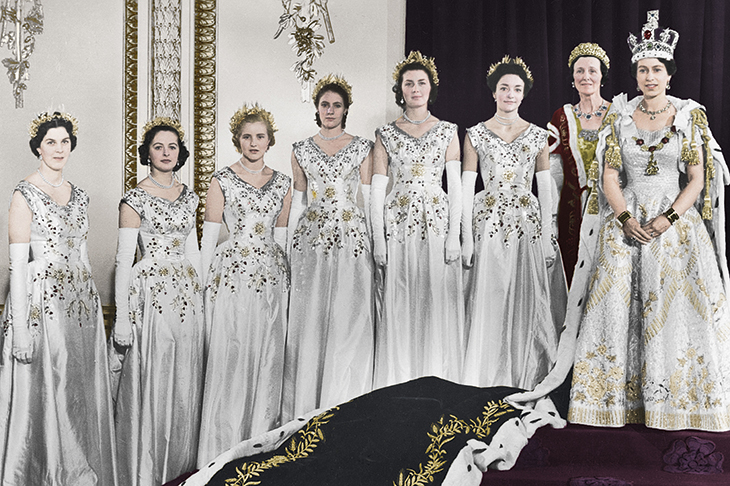
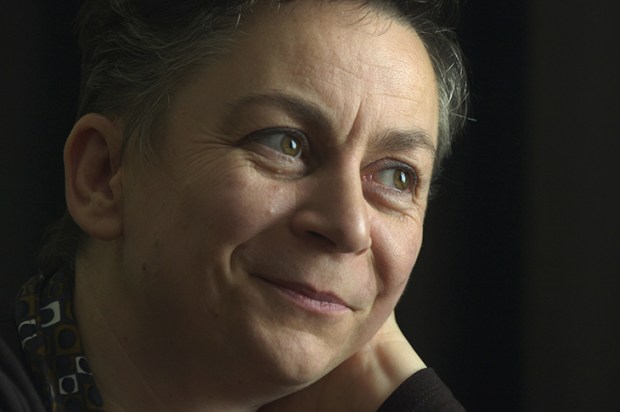
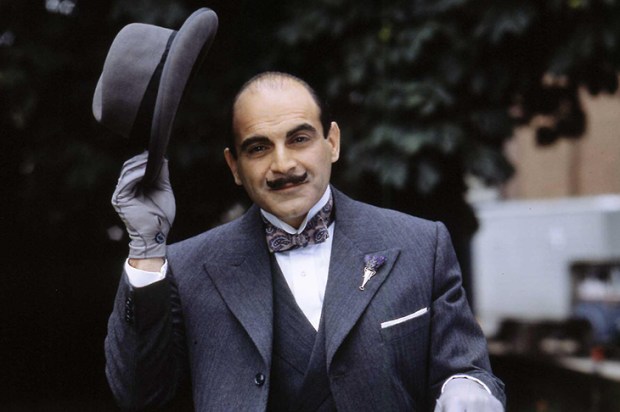
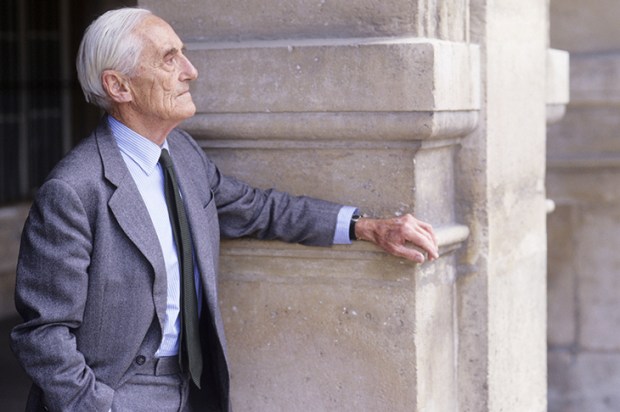
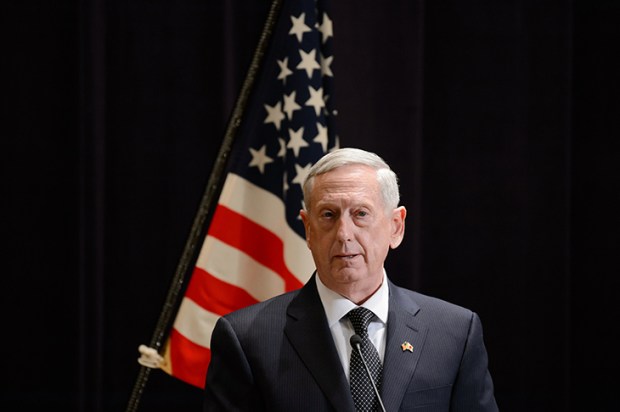

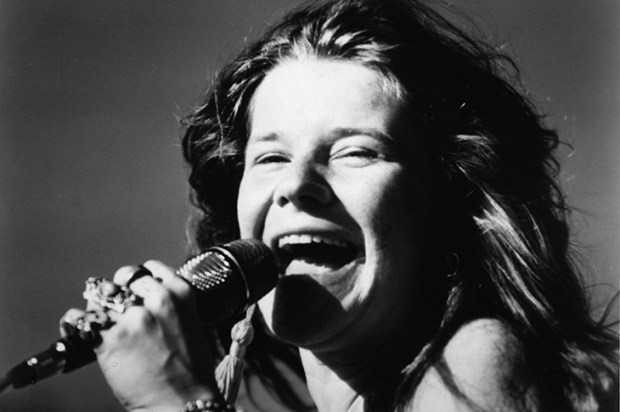






Comments
Don't miss out
Join the conversation with other Spectator Australia readers. Subscribe to leave a comment.
SUBSCRIBEAlready a subscriber? Log in